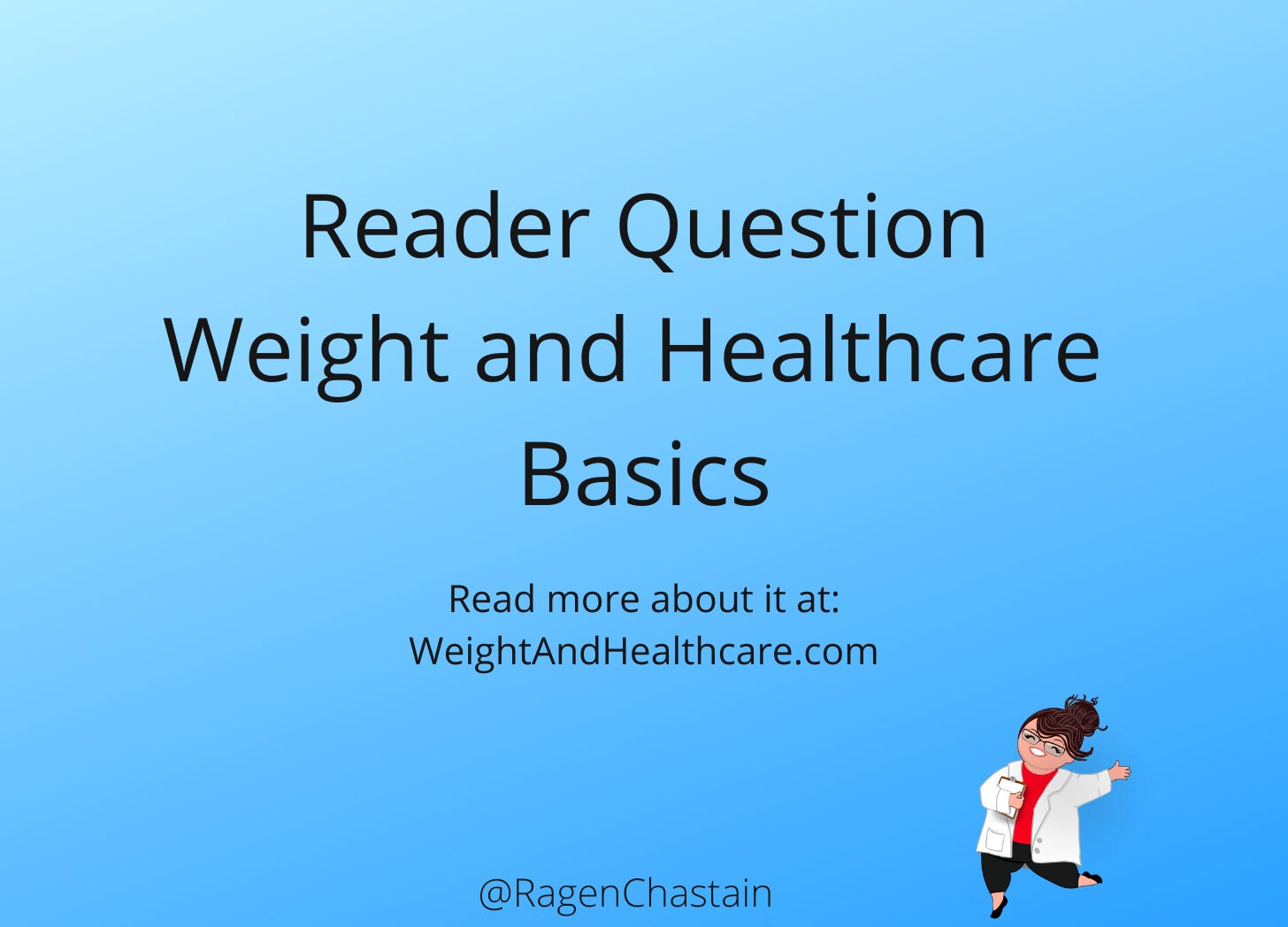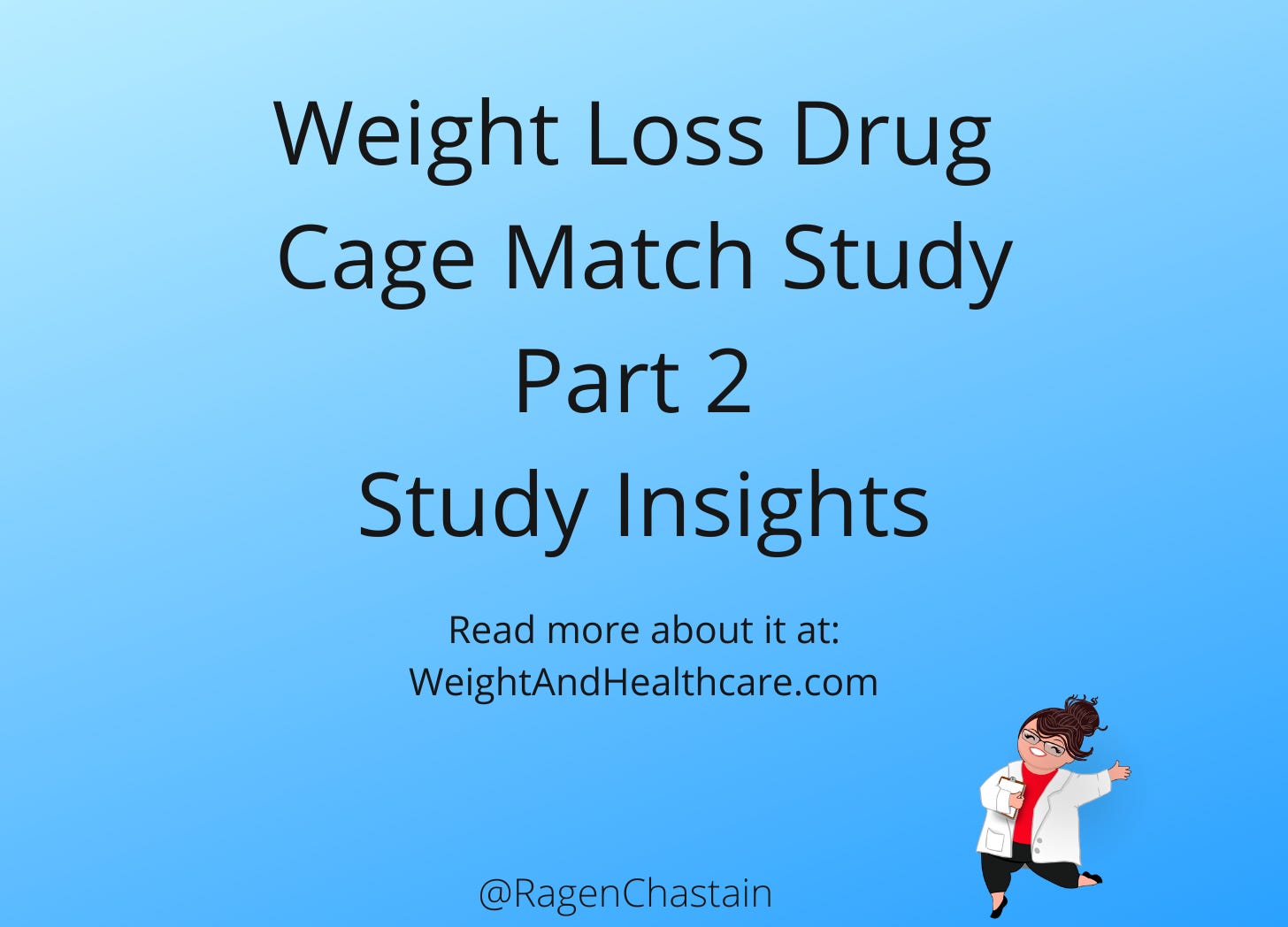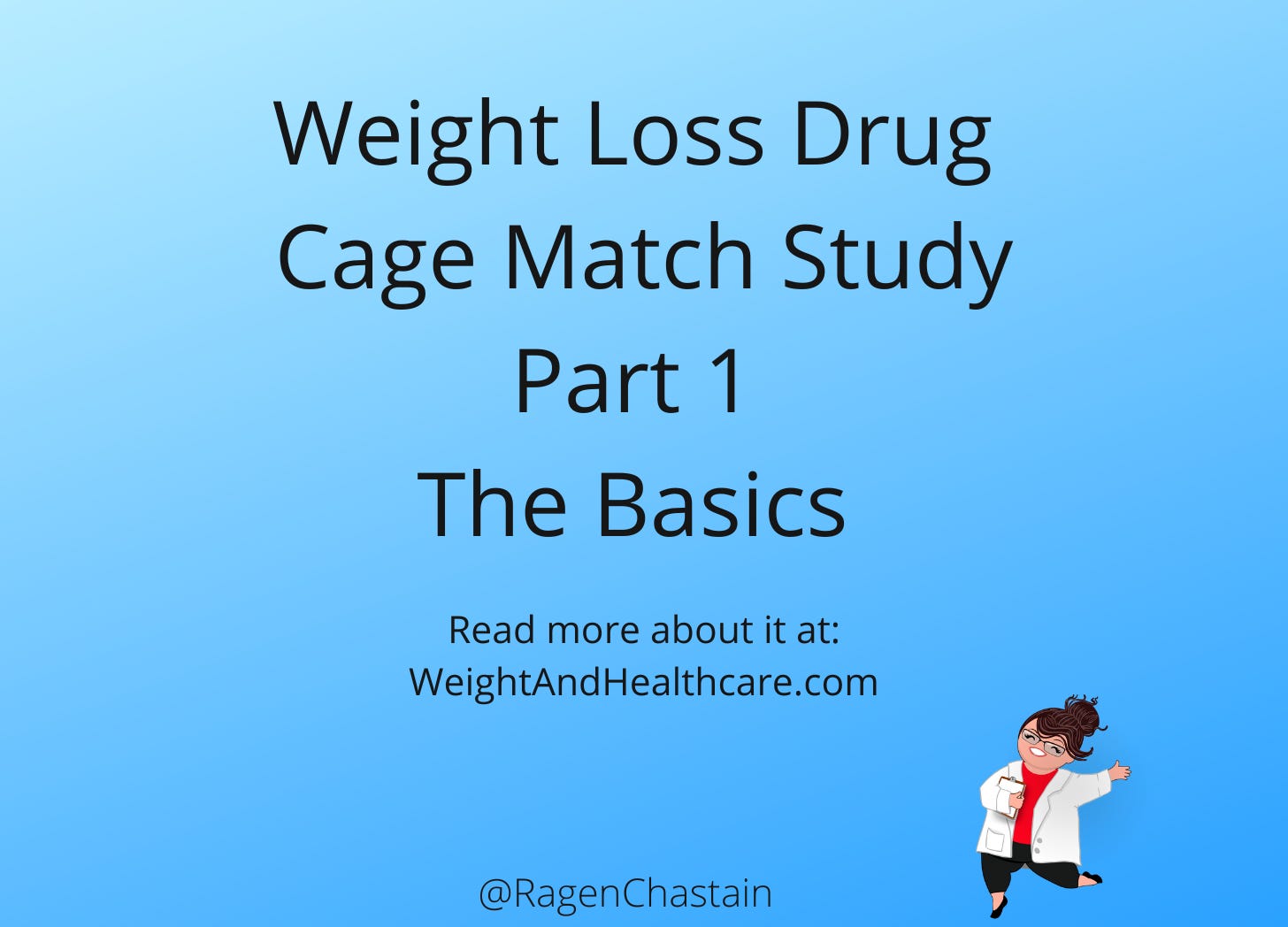
Weight and Healthcare
Examining weight science, weight stigma, and what evidence, ethics, and lived experience teach us about best healthcare practices and public health for higher weight people.
- Update frequency
- every 3 days
- Average duration
- 8 minutes
- Episodes
- 222
- Years Active
- 2021 - 2025

Reader Question - Weight and Healthcare Basics
I’ve been meaning to write a piece about “the basics” of weight and healthcare and a question from a reader gave me the perfect chance.
Get full access to Weight and Healthcare at weightandhealthca…

What if they tell you that you have to weigh-in?
This came up during a monthly Subscriber Ask Me Anything. Many patients, of all sizes, choose to opt-out of routine weigh-ins for a lot of reasons.
But what happens when you decline a routine clinica…

Reader Question - All These Other GLP-1 Uses
I recently heard from reader Evelynn who asked :It seems like every other day I see a new supposed use for the GLP drugs. This just seems fishy to me. Are they really some kind of all purpose wonder …

New Study of Harms of Weight Cycling - Part 2 Discussion
In Part 1 we began discussing the 2025 study “Weight Trajectory Impacts Risk for Ten Distinct Cardiometabolic Diseases” by Swartz et al. that tested for possible harms of weight cycling. In part 1 I …

WaPo Article Claims Food Causes "obesity" Part 2 - The Reporting
In part 1 we discussed the issues with the study “Energy expenditure and ob*sity across the economic spectrum” by McGrosky et al. Literally hundreds of people reached out to me to write about it and …

WaPo Article Claims Food Causes "obesity" Part 1 - The Study
Wow did a lot of you ask me to write about the article “What causes ob*sity? A major new study is upending common wisdom” from The Washington Post.
The article is about a study called “Energy expendit…

Questions About Weight and Surgical Complications Part 2 - Three Questions
This is the Weight and Healthcare newsletter! If you like what you are reading, please consider subscribing and/or sharing!
In part 1 we discussed general issues with claims about higher-weight patien…

Questions About Weight and Surgical Complications Part 1 - The Basics
BMI-based denials of care are devastating and can have serious negative impacts on people’s health, lives, and quality of life. In some cases they are, in fact, life or death. I have a series here th…

ABC News' Love Letter to Diet Drugs - Part 2 Sell the Premise, Sell the Bit
In part 1 I started discussing the ABC News article “GLP-1s work but when they're stopped, the effects stop too: Expert” We discussed the fact that in order to buy the claims their “expert” makes, yo…

ABC News' Love Letter to Diet Drugs - Part 1 Buy the Premise, Buy the Bit
There are a couple of online articles floating around that literally hundred of you have asked me to write about. One is the Washington Post “reporting” on the study about eating and body size. That …

The dangers of giving unsolicited health advice to higher-weight people - Part 2
In part 1, I offered a framework of questions for healthcare providers (or others) to ask themselves before they offer unsolicited health advice to a higher-weight person (or, really, any person.)
Ge…

4 Questions to Ask Before Making Health Recommendations to Higher-Weight People
A couple years ago I wrote a piece about what to think about before offering unsolicited advice to higher-weight friends/family/strangers about their health. Today’s piece extends from that. While it…

Weight Loss Is Not a Substitute for Healthcare: Part 5 - What Can Be Done?

Weight Loss Is Not a Substitute for Healthcare: Part 3 - Delay of Care
In part 1 we discussed the basics of substituting weight loss for healthcare and accommodation. In part 2 we discussed issues with the likelihood of achieving weight loss, even if it was appropriate …

Weight Loss Is Not a Substitute for Healthcare: Part 2 - Denial of Care
In part 1 of this series we looked at the basic issues of a healthcare system that is allowed to demand weight loss before patients are able to access healthcare. In this section, we’ll look at BMI-b…

Weight Loss Is Not a Substitute for Healthcare: Part 1- The Basics
Substituting weight loss for health and/or healthcare accommodation is a primary source of harm enacted on higher-weight people by the healthcare industry. I’ve had a bunch of requests asking me to w…

Weight Loss Drug Cage Match - Part 2 Study Insights
In Part 1 we looked at the basics of a study that compared the two newest GLP-1 weight loss drugs against each other - Novo Nordisk’s Semaglutide (Wegovy) and Eli Lilly’s Tirzepatide (Zepbound) The t…

Weight Loss Drug Cage Match Study - Part 1 The Basics
On May 11, 2025, the study “Tirzepatide as Compared with Semaglutide for the Treatment of Ob*sity” was published in the New England Journal of Medicine.
This study was, essentially, a cage match betwe…

3 Things to Stop Calling Higher-Weight Patients Right Now
The way that higher-weight patients are discussed (in research, in medical/healthcare education and training, and even in interventions meant to increase accessibility in healthcare) can vastly incre…
